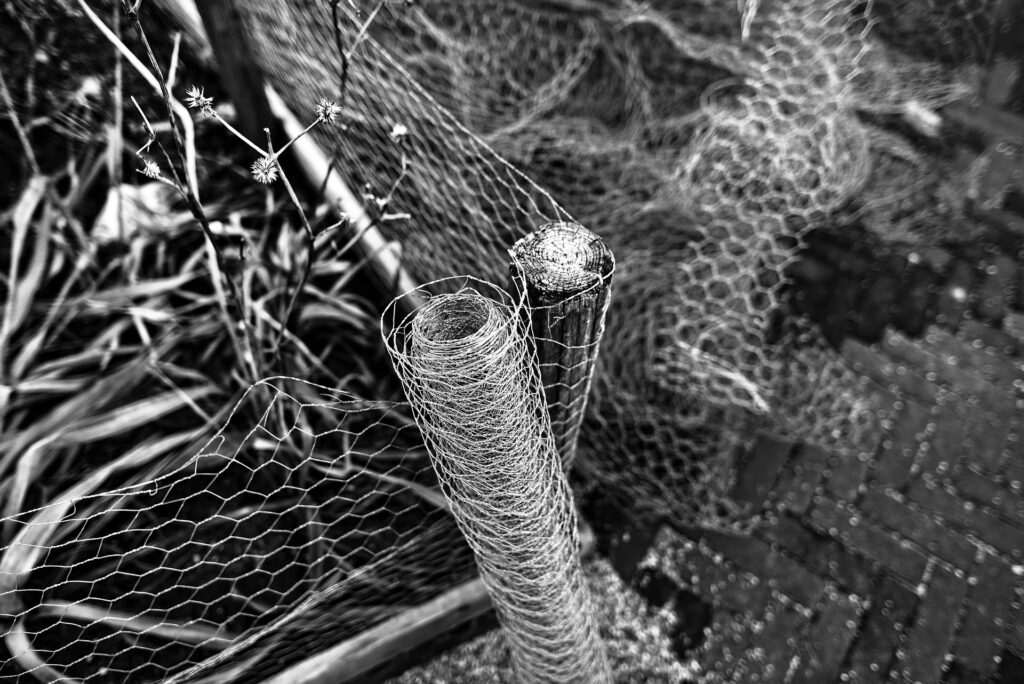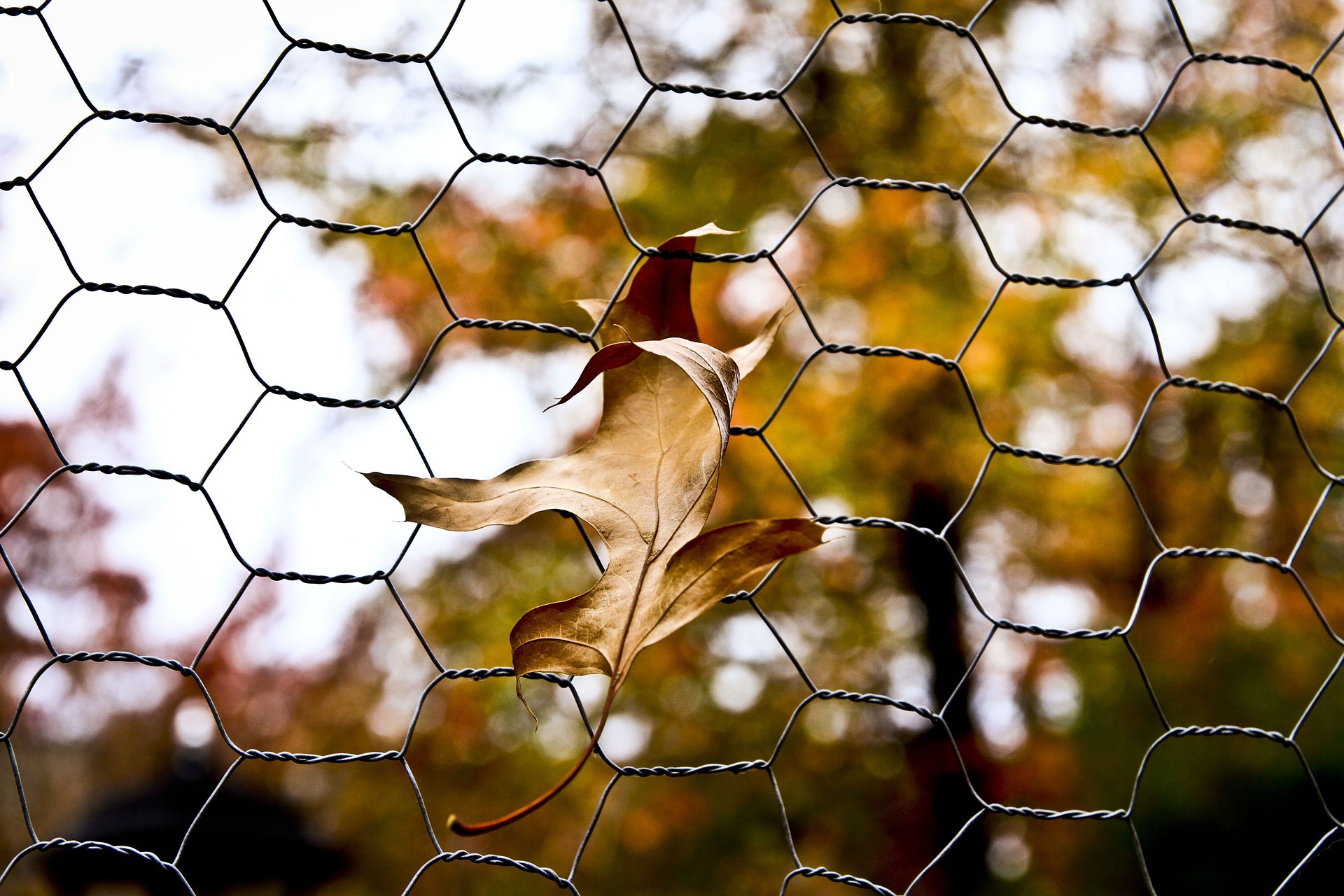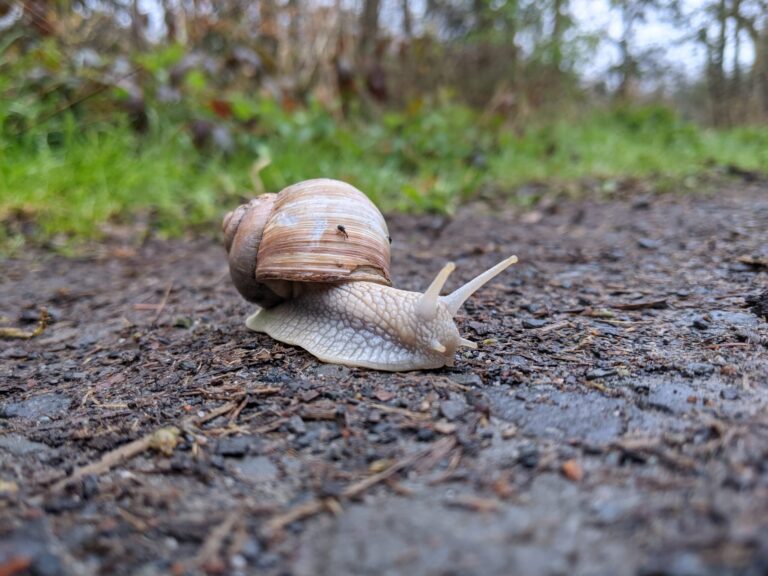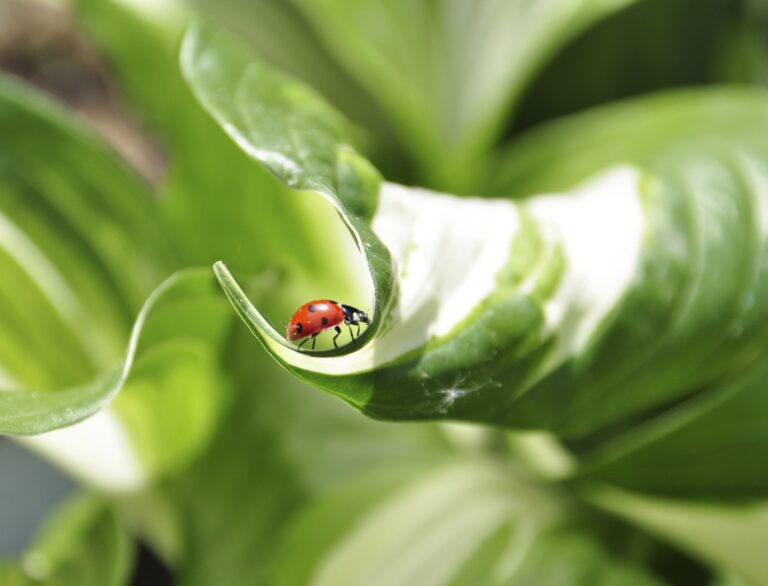Some people will place chicken wire around the base of trees, shrubs, and other plants to keep their cats away from the plants.
Although it may seem like an effective way to get rid of pesky neighborhood cats, this method has serious consequences that outweigh any potential benefit to keeping cats away from your yard and garden.
Read on to learn more about the effectiveness of this practice and some alternative methods you can use instead that won’t harm local wildlife or your own cat’s well-being.

Does Chicken Wire Deter Cats?
Cats are naturally curious animals, but their curiosity can get them into trouble. One way to prevent cats from getting near the area where you don’t want them is by using chicken wire.
However, as with any method that uses an obstruction to keep animals away, it is not without drawbacks.
Chicken wire is a popular method for deterring cats from entering yards. It can be fashioned into a physical barrier or placed over plants to protect them from being eaten or trampled.
For example, many people use chicken wire to cover garden soil because it prevents digging and damaging the plants.
However, if you have an outdoor cat that doesn’t dig in the yard, then this may not be a good idea because they could get their head caught in the wire while jumping over it.
Plus, when they jump over the wire repeatedly, their claws will begin to get caught which can lead to infection and a serious injury.
Why Do Cats Hate Chicken Wire?
Cats are territorial animals that maintain territory boundaries by rubbing their face on objects in their territory or scratching at the ground. Cats do not like to feel trapped, so chicken wire can be a deterrent for this reason.
However, if you live in an area with lots of cats it may not be effective. Cats also hate anything that impedes their ability to see or move.
Chicken wire can get caught on the cat’s claws, which will cause them to feel caught and frustrated. On top of this, since cats’ eyesight is better than humans’, they have a difficult time seeing through chicken wire fences.
There are many benefits to using chicken wire around your garden. For one thing, it can deter small rodents from invading your crops as well as larger ones like deer who will eat everything within sight

Is Chicken Wire Safe to Use Against Cats?
Chicken wire is often used as protection against cats. Cat owners install the wire around their perimeter in order to keep their gardens safe from intruders. However, is this practice really effective? Is chicken wire safe for use against cats, or do the benefits not outweigh the consequences of using it?
Chicken wire can be beneficial if you are looking to protect your garden plants, but it has its disadvantages too. One issue with installing chicken wire is that it will likely cost you more than other fencing materials, making it an unappealing option for people who have a tight budget.
Additionally, when cats walk on the mesh they can get their claws stuck which leads to injury or death of the animal. There’s also an increased risk that small children will get caught up in the mesh and strangle themselves if they come into contact with it while playing outside.
Ultimately, there isn’t one solution to the cat problem- it all depends on what you’re willing to deal with. If you want a cheap option, aluminum foil will work just as well as chicken wire does.
A fence made out of sheets of aluminum foil offers great visibility, and cats won’t be able to claw through them like they would with chicken wire. A less expensive alternative is still a viable choice if you’re interested in protecting your plants without any risks involved.

How Do You Use Chicken Wire to Deter Cats?
Chicken wire is used to protect gardens from animals such as cats. It can be bought in rolls at most hardware stores, or you can use the type that is pre-made for garden fences. If you have a fence made with chicken wire, you should keep it tight around the edges.
Neaten the edges with a staple gun so that they are flat against the surface. Be sure to do this when the sun is shining so that any holes or gaps in the wire will be easy to see.
You also want to make sure you check your chicken wire often because cats tend to find ways around it, such as climbing over or digging under it.
Also Read – Does Bleach Repel Cats?
There are also options available to deter them, like using natural materials such as plants or cayenne pepper. Cats don’t like the smell of cayenne pepper, but humans don’t notice it at all.
In addition, there are more extreme methods like using live traps or chemical sprays if these other methods haven’t worked for you yet.
Final Verdict
The benefits to using chicken wire as a form of cat deterrent are that it is relatively inexpensive, easy to install, and effective. However, the consequences may be more severe than you think.
Aside from being a safety hazard for both cats and humans who may trip over it or get scratched by it, some animals are sensitive to the smell of metal which can cause them great distress.
On top of this, the wire can also pose a risk to human health since the wire may contain lead which is toxic if ingested by a baby.
In other words, while chicken wire may do an effective job at deterring cats in your garden area, we would encourage you instead to consider other options with safer consequences so that you can enjoy your garden and live in peace with your pets.
Meet Tomas Clayton, a seasoned plant gardener who has been passionate about horticulture since he was a child. Tomas John developed a love for the natural world and a strong appreciation for the beauty of plants while growing up on a farm.









